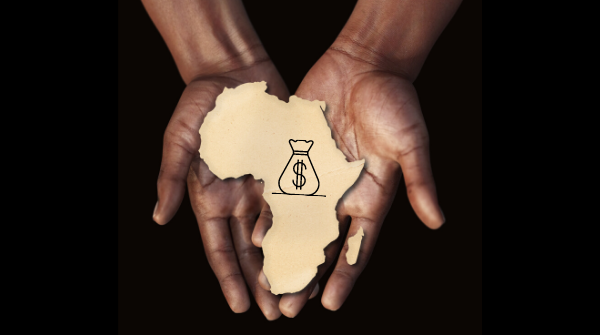Nigeria’s fiscal deficit has soared to 7.6% of GDP as of August 2024, far surpassing the initially approved target of 3.8% for the year. This rising deficit, which highlights the imbalance between revenue generation and government spending, has prompted concern from members of the Central Bank of Nigeria (CBN)’s Monetary Policy Committee (MPC).
According to data from the National Assembly’s approved budget, Nigeria started the year with a planned expenditure of N28.7 trillion against an expected revenue of N19.5 trillion, setting an initial deficit forecast of N9.1 trillion, or 3.8% of GDP. However, fiscal pressures have grown significantly, with a supplementary budget of N6.2 trillion introduced later in the year, further widening the gap.
Underwhelming Revenue Collection
MPC member Aloysius Uche Ordu attributed much of the deficit increase to revenue collection challenges. By mid-2024, Nigeria had achieved only 37.9% of its revenue target, with Federation Accounts Allocation Committee (FAAC) receipts falling short. While there was a 33.31% improvement in retained revenue from January to June compared to the same period in 2023, it still left a substantial 62.1% gap from the 2024 revenue target, underscoring the nation’s fiscal difficulties.
Another MPC member, Lamido Yuguda, emphasized the consequences of Nigeria’s low revenue base on its fiscal performance. Provisional figures indicate that by June, the deficit had already reached 91.94% of the full-year target, raising questions about the government’s ability to finance the remaining budget without further expanding the deficit.
Spending Imbalance and Debt Burden
Ordu highlighted that Nigeria’s spending is heavily skewed toward recurrent expenditures, especially debt servicing, leaving capital expenditures — critical for growth — severely underfunded. This imbalance limits the country’s ability to invest in infrastructure and other development projects that could drive long-term economic progress. Despite these spending issues, there appears to be little effort to redirect resources from recurrent needs to capital projects, further deepening the fiscal strain.
MPC member Muhammad Sani Abdullahi stressed the importance of fiscal prudence to stabilize Nigeria’s economy. While the deficit has reached 7.6% of GDP, Abdullahi noted that measures to boost revenue and control spending could help contain the situation. He also mentioned that the government’s current restraint from utilizing the Central Bank’s Ways & Means financing has helped maintain some fiscal discipline, although there are concerns about how long this approach can be sustained given the revenue shortfalls and rising obligations.
External Sector Resilience
While Nigeria’s fiscal situation remains challenging, developments in the external sector offer some relief. The CBN’s tight monetary policy has contributed to a decline in import bills, resulting in a balance of payments surplus of $2.47 billion for the period. External reserves also grew to $37.44 billion in September 2024, providing over seven months of import cover, and have since increased to $40 billion as of November. This bolstered reserve position has strengthened the naira, which appreciated slightly due to reduced import demand and higher reserves.
Policy Implications
Nigeria’s rising fiscal deficit underscores a fundamental issue within its financial framework, driven largely by unpredictable revenue and expenditure mismanagement. While the external sector remains relatively stable, the domestic fiscal situation continues to pose risks. The MPC’s tight monetary policy has mitigated some external vulnerabilities, but without increased revenue and spending discipline, ongoing fiscal deficits could undermine these efforts and destabilize the economy further.
As Nigeria navigates this challenging fiscal landscape, the government faces mounting pressure to adopt more effective measures to boost revenue generation and exercise financial restraint. The balance between supporting economic growth and maintaining fiscal stability will be crucial in the coming months as policymakers work to secure Nigeria’s economic future.











